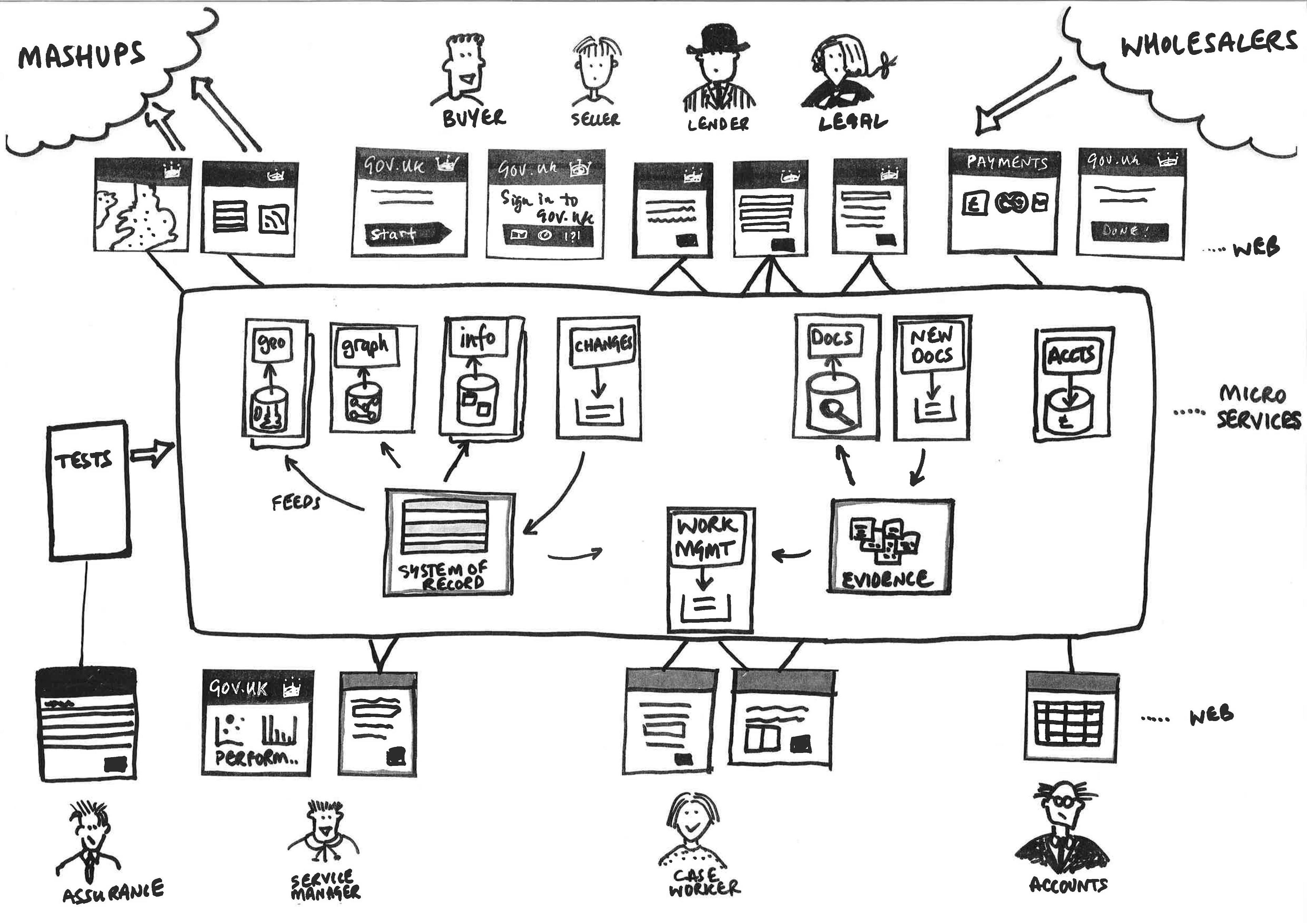My Journey Through Tech Volunteering: Anticipation, Passion, Burnout, and Looking Ahead
 Winding Path by Phil Bulleyment, via FlickrCC BY-2.0
Winding Path by Phil Bulleyment, via FlickrCC BY-2.0I had been working in New York City for just over a year when I sat down at one of my favorite cafes in my neighborhood to write a personal journal entry. I gave it the title “On the crossroads between goal-oriented and process-oriented” and I wrote down stream-of-consciousness reflections on my life, career, and how I wanted to do things differently.
It was October 2015, and I had finished grad school and moved to NYC to work full-time as a Software Developer in a fin-tech company. I was having what I have come to see as the seminal quarter-life crisis many folks go through when they finish their formal years of education. I had been chasing goals all my life up until then, and now I had the luxury and privilege of deciding whether I should set another goal or do things radically different than what I had done so far. Goal-oriented versus Process-oriented, I called it.
Read more → Photo by Chris Spiegl, via Flickr
Photo by Chris Spiegl, via Flickr
 "Microservices architecture" by Paul Downey, via Flickr
"Microservices architecture" by Paul Downey, via Flickr